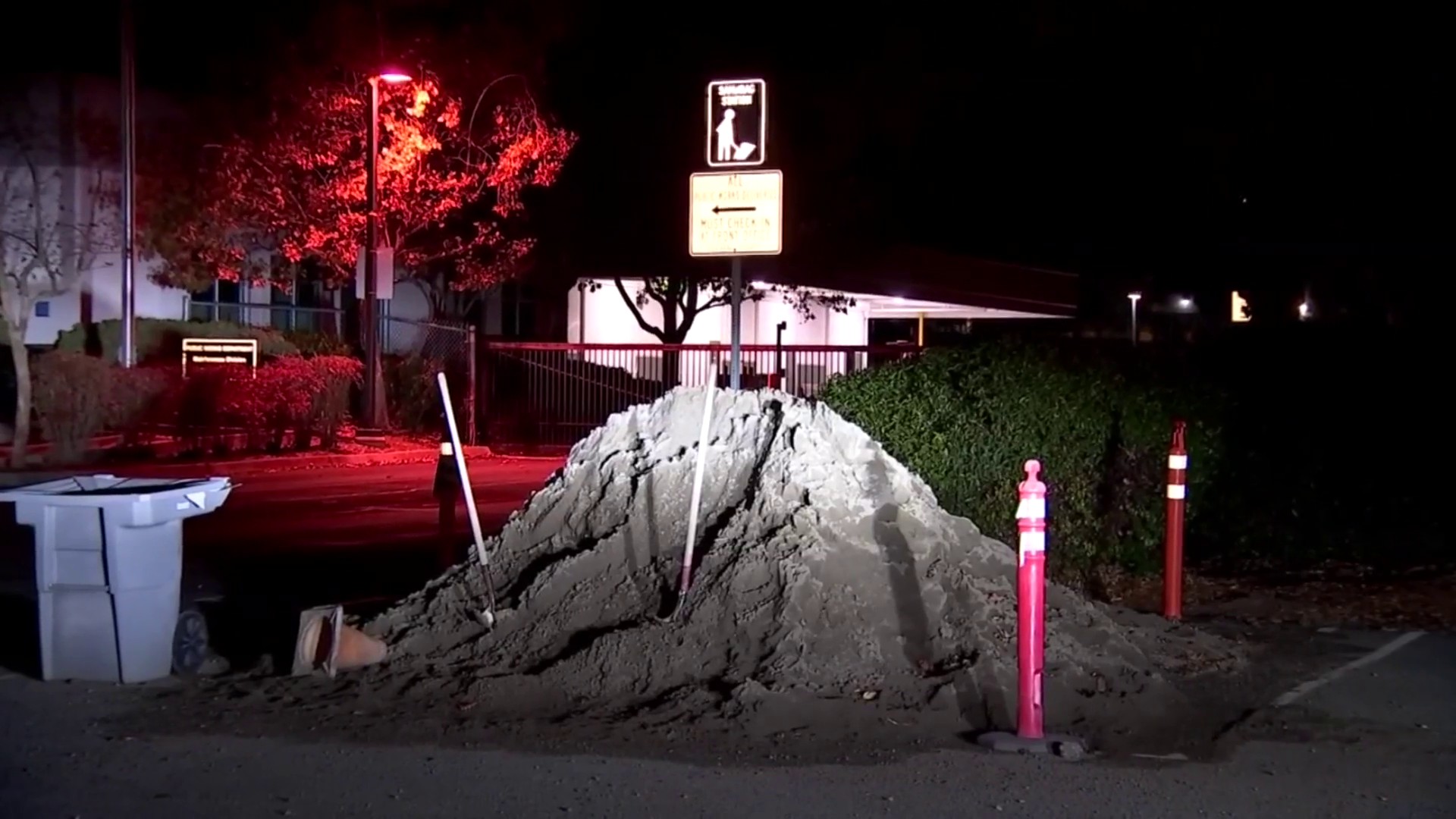A San Francisco Superior Court jury Monday found Binh Thai Luc guilty of murder for the grisly slayings of five people in a home in the city's Ingleside neighborhood in 2012.
The six-woman, six-man jury announced its verdict late Monday morning after seven days of deliberation. Luc was convicted of five counts each of first-degree murder and attempted robbery, and two counts of burglary. He was acquitted of robbery charges.
Prosecutors accused Luc, 41, of fatally beating, stabbing and choking three women and two men, all family members, at a home at 16 Howth St. near City College of San Francisco on March 12, 2012.[[144130135, C]]
Those killed were identified as Vincent Lei, 32, Lei's father and mother, Hua Shun Lei, 65 and Wan Yi Xu, 62, his wife, Chia Huei Chu, 30, and his sister, Ying Xue Lei, 37.
The victims' bodies were discovered at about 7:45 a.m. on March 13, when Nicole Lei, another sister of Vincent Lei, stopped by the house to enable her 12-year-old daughter to pick up an item she needed for school.
Prosecutor Eric Fleming said Luc's DNA, blood and fingerprints were found in the house, and Vincent Lei's blood was found on his blue jeans and on the driver's seatbelt in Luc's car.
Luc, a Vietnamese citizen who works as a plumber and went by the nickname "Ping," was a longtime friend of Vincent Lei. He was identified as a suspect by friends of Lei's, who told police Lei had received a phone call the night of the murders from his wife telling him "Ping" wanted to talk to him.
Local
District Attorney George Gascon today said he was pleased with the verdict, which came after an intense seven-week trial that required jurors to review a large amount of forensic evidence.
"This was a very gruesome, brutal murder and we're pleased that we're getting some accountability for the family and the community," Gascon said.
Defense attorney Mark Goldrosen said Luc was disappointed by the verdict but understood that there would be further appeals and efforts to seek a new trial.
In the trial, he argued that the DNA and blood evidence showed Luc was present in the house and may have helped clean up, but that prosecutors had not proven that he did anything else.[[144002916, C]]
He argued that police had failed to follow up on possible leads pointing to other suspects, including possible Chinatown gang members, and had not properly tested all the evidence.
Goldrosen maintained today that there were likely to be other guilty parties still at large in the case.
"There were four fingerprints that were found in the house that were found to not match Mr. Luc or any of the decedents," Goldrosen said.
He said the jurors' decision not to convict on the robbery charges appeared to be due to the fact that the approximately $6,500 in cash found on
Luc when he was arrested at a San Mateo hotel two days after the murders could not be clearly traced to a household member.
However, there was evidence the house had been ransacked, which supported the attempted robbery charge.
Goldrosen presented evidence during the case demonstrating that Luc could have obtained the money by other means, including the return of an expensive women's handbag.
Fleming, on the other hand, showed Luc's bank balance was $1.01 the day of the murders and he had recently lost money gambling at Artichoke
Joe's casino in San Bruno. Luc and his mother received a 14-day eviction notice for nonpayment of rent one week before the murders, and on the night theyoccurred, Luc was able to give his mother $1,000 in rent, Fleming said.
Luc's arrest led to some controversy after it was learned that he had been set to be deported in 2006 but stayed in the country because Vietnamese officials failed to provide travel documents for him.
He had previously been sentenced in 1998 to more than 11 years in state prison after pleading no contest to assault, firearm and robbery charges in Santa Clara County, according to court records.
Immigration officials took him into custody and a judge ordered his removal in 2006, but Vietnamese authorities declined to provide the necessary documents.
He was ultimately released after 180 days because of a 2001 U.S. Supreme Court ruling preventing extended detention.
Immigration officials at the time said he had continued to report to them as required after his release and was not arrested again between 2006 and 2012.
Luc will return to court Tuesday morning to set a sentencing date.



